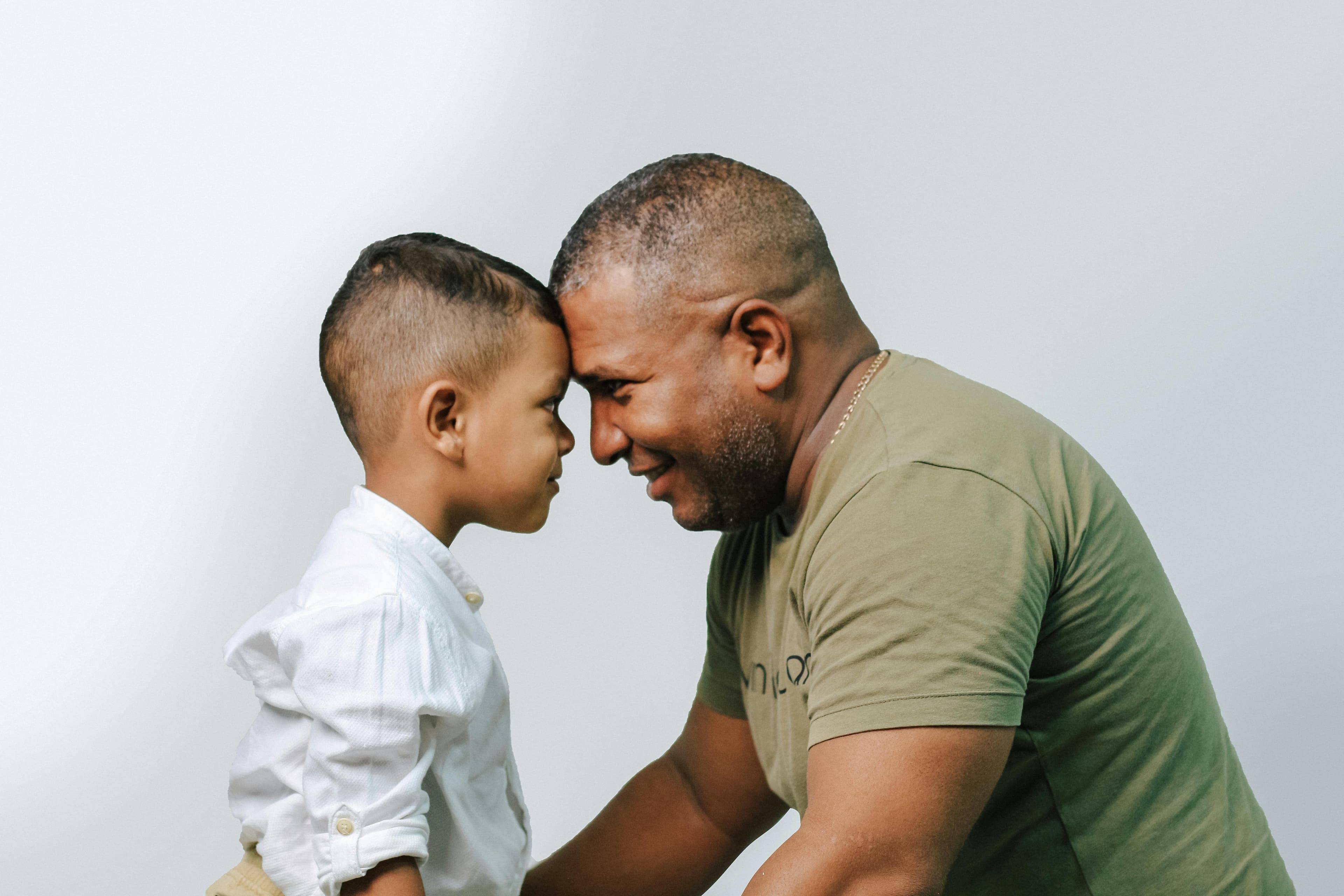Managing anxiety as a family

By Brightline, Oct 28, 2025
When your child is anxious…but you’re anxious, too
If your child is anxious and you’re dealing with anxiety yourself, it can feel like you’re both caught in a storm together. You want to help — but you’re also trying to keep your own head above water.
Here’s the truth: the sooner you get a grip on your own anxiety, the stronger you’ll be for your child. When you lead with calm, they feel calmer. When you don’t, the storm keeps storming.
So, how do you manage your own levels of worry while also supporting your anxious child?
Here are five ways to help you self-regulate:
1. Give yourself grace
Parenting is messy. Anxiety is messy. Both together can feel overwhelming. If you’re already worrying how to “manage their worries” and your own — stop. Take a breath. You’re not failing. You’re doing the work. And that deserves a little credit.
2. Know your triggers so you aren’t blindsided
What gets your heart racing? What makes your thoughts spiral? When you can name your triggers, you’re less at their mercy. You’ll spot them, prep for them, and handle them — so your child has a stronger anchor beside them.
3. Build healthy responses — for you and your child
When anxiety hits, you both need tools. Deep breaths. Grounding. A plan for worst‑case/realistic/best‑case scenarios. Practicing these before things get intense means they’ll work during the panic.
4. Create a family framework — simple language, shared roles
You’re in this together. Set words or signals everyone knows: “I need a timeout,” “I just need five minutes of quiet,” etc. Recognize your anxiety and theirs as separate but connected. When your child knows you see them, hear them, and are working on things yourself, the trust builds.
5. Normalize asking for help
You don’t have to figure it out alone. Show your child that strong people reach out and that asking for therapy or other support is not a weakness, it’s a strength. Model it. Do it. Let your child see you seeking help.
The difference you can make right now
When you step into this with intention — acknowledging your own anxiety, giving yourself tools, staying in the loop with your child — you shift the relationship. Anxiety doesn’t disappear overnight. But you can shift how you respond to it. And that makes all the difference.
Ready to stop the struggle and start the change?
You don’t have to navigate this alone. Brightline is here to help you and your child build the strength to manage anxiety — together.
Take that step. Reach out to us today to talk about setting up a support system and a care plan.
For them. For you. For your whole family.